In a move that is expected to prove transformative to the national HIV-prevention effort, the federal government has announced that almost all health insurers must cover the HIV prevention pill, known as PrEP, or pre-exposure prophylaxis, with no cost sharing — including for the drug itself and, crucially, for clinic visits and lab tests.
This means the entire experience of maintaining a prescription to Truvada or Descovy, the two approved forms of PrEP, should now be totally free for almost all insured individuals. A prescribing physician, however, must persuade an insurer that Descovy in particular is medically necessary for any specific patient to qualify for zero cost sharing for that drug’s use as HIV prevention.
The guidance that the Centers for Medicare and Medicaid Services, along with the Department of Labor and the Department of the Treasury, sent to health insurers Monday indicated that insurers have 60 days to comply with the mandate. The rule says insurers must not charge copays, coinsurance or deductible payments for the quarterly clinic visits and lab tests required to maintain a PrEP prescription.
Insurers were already required to stop charging out-of-pocket fees for the medication by Jan. 1, 2021, at the latest.
These additional requirements, which will lift what has likely been a substantial barrier to PrEP access for individuals with low income in particular, are the result of the U.S. Preventive Services Task Force granting this form of HIV prevention an “A” rating in 2019. Under the Affordable Care Act, such a rating for preventive health care services, including tests for various diseases such as HIV itself, means they must be covered by almost all insurers at no cost to the insured patient.
HIV prevention advocates hailed the new guidance as a game changer in the effort to promote PrEP among individuals at risk of HIV.
“While we need state Medicaid authorities and departments of insurance to follow through on implementation, this memo from the federal government literally made me jump for joy,” Jim Pickett, senior director of prevention advocacy and gay men’s health at AIDS Foundation Chicago, said. “This has the potential to wipe out many of the access obstacles we face with PrEP provision. I look forward to radical improvements in PrEP access, particularly for the communities who are most vulnerable to HIV.”
However, Carl Schmid, executive director of the HIV+Hepatitis Policy Institute, pointed out that many insurers are still not complying with the rule indicating they cannot charge consumers for their Truvada or Descovy prescriptions.
Robert Greenwald, a clinical professor of law at Harvard Law School, pledged to “work to enforce the new guidelines and ensure that the promise of this free preventive service to reduce the acquisition of HIV will be realized.”
Truvada, which contains a pair of antiretroviral medications also used to treat HIV, was approved for use as HIV prevention in 2012. Research indicates that when taken daily, the tablet reduces men’s risk of contracting the virus from sex with other men by more than 99 percent. PrEP reduces women’s risk of HIV by at least 90 percent.
After a slow start, PrEP began gaining substantial popularity in 2014 as media attention about PrEP’s potential to turn the tide against the U.S. epidemic swelled. Descovy, which is associated with improvements in bone density and kidney function tests compared with Truvada, was given the green light by the Food and Drug Administration in 2019.
Both drugs are manufactured by Gilead Sciences, which is the dominant player in the HIV treatment market. Since this spring, Truvada has been available in a generic form with a list price as low as $30 per month. By comparison, Descovy’s list price is currently $1,930 and Truvada’s is $1,842.
In May, the Centers for Disease Control and Prevention released an estimate that as of 2019, some 285,000 people were taking PrEP. This promising news was tempered by the fact that PrEP use remains largely limited to white gay and bisexual men.
It is possible that total elimination of out-of-pocket costs for a PrEP prescription on the part of insured individuals may improve use of PrEP among Black and Latino men who have sex with men in particular. Together, these demographics comprised 46 percent of new HIV diagnoses in 2019, according to the CDC. Overall, about 70 percent of new HIV transmissions occur among gay and bisexual men.
The CDC also released a new estimate in May that during the mid-2010s, the annual rate of new HIV transmissions in the United States remained constant for a few years before declining by about 8 percent between 2015 and 2019, to some 34,800 new cases.
A recent paper published in the Annals of Epidemiology by Aaron J. Siegler, an associate professor at the Rollins School of Public Health at Emory University, and his colleagues found that states that expanded their Medicaid programs under the Affordable Care Act and those that offered programs to offset the costs of PrEP benefited from greater use of the prevention modality. In other words, if people can access PrEP at a lower cost or for free, they are more likely to take it.
“Now it is important that people who are eligible for PrEP, along with their providers, are aware of these new requirements,” Schmid said of the new guidance to insurers regarding PrEP-related cost sharing. “We also have to hold insurers accountable to ensure they are doing their job in complying with their legal obligations. Plan reviews still show many insurers are not in compliance, and we need state insurance regulators to enforce the law and the new guidance.”
While the future is looking bright for access to PrEP on the part of people with health insurance, a fiscal crisis awaits clinics providing this form of HIV prevention to the uninsured population, as NBC News previously reported. Gilead readily provides PrEP for free to lower-income people who lack health insurance, but the pharmaceutical company does not cover the associated clinic visits and lab tests. And thanks to a crucial fiscal policy change the company has pledged to make starting Jan. 1, 2022, at least $100 million in funds that clinics that care for underserved populations have been using to cover those ancillary costs is expected to drain from their budgets.
Leaders at these clinics expect access to PrEP for people lacking health insurance to narrow as a result, possibly counterbalancing the improved access their insured counterparts will now enjoy thanks to the new federal guidance.
Kenyon Farrow, managing director of advocacy and organizing at the activist group PrEP4All, called upon the federal government “to look for ways to cover people who are uninsured, particularly in non-Medicaid-expansion states, to be able to access PrEP services.”
“If we’re serious about ending the HIV epidemic,” Farrow said, “we have to ensure equal access to PrEP in all communities and not only for the insured.”

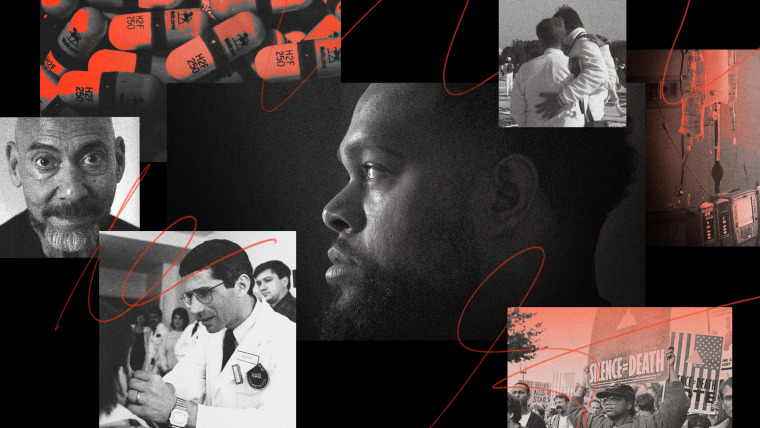

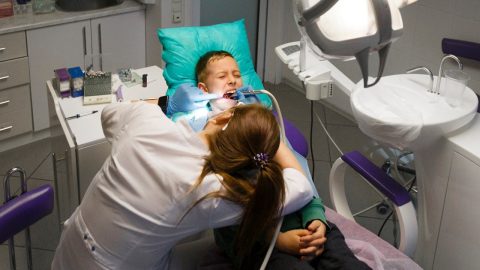
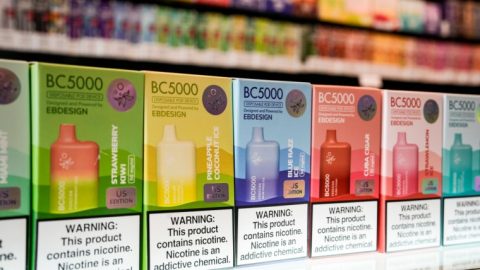
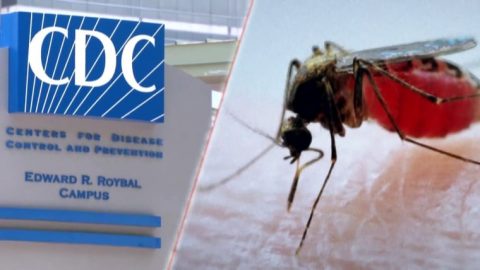
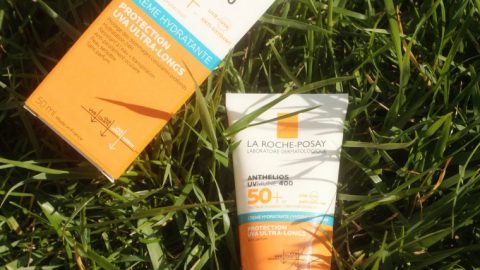

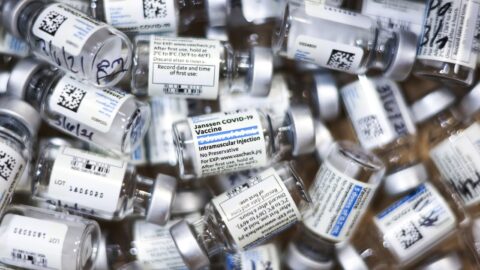

Recent Comments